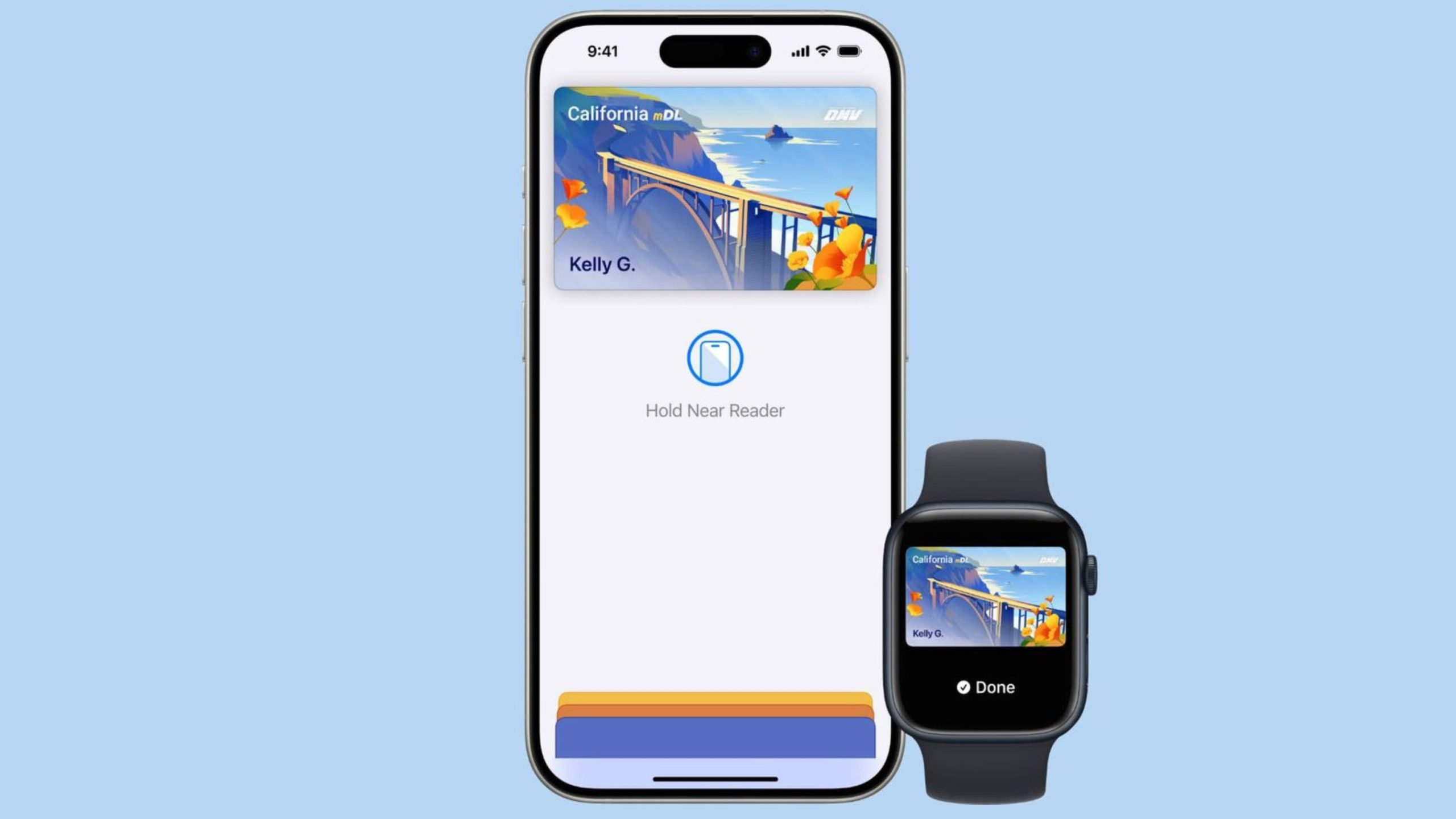It begins with a simple gesture—a tap of your iPhone or a glance at your Apple Watch—and suddenly, your identity appears at your fingertips. In California, a quiet revolution is underway, driven by the state’s push to make driver’s licenses and IDs fully digital. Integrated into Apple Wallet under the “California mDL Pilot” initiative, this move reflects a profound shift in how identities are verified, authenticated, and protected.
What started a year ago as a pilot program by the California Department of Motor Vehicles (DMV) has now attracted over half a million users, all eager to experience the future of identity. While California’s ambition is still taking shape, the recent integration with Apple’s platform adds both momentum and prestige to the initiative. With a user base capped at 1.5 million during this experimental phase, the state is making cautious, yet bold strides towards its vision of mobile identity.
But beneath the convenience of using an iPhone or Apple Watch to confirm who you are lies a more profound story—one of technology and privacy, security and surveillance, and the tension between modern convenience and traditional values of anonymity.
When Apple’s Jennifer Bailey, Vice President of Apple Pay and Apple Wallet, spoke in August, she cast this collaboration as both a practical tool and a futuristic ideal. “We’re excited to be working with the state of California to bring IDs in Apple Wallet to Apple’s home state soon,” she said. “It will provide residents with an easy, secure, and private way to present their California driver’s license and state ID in person and in-app using Apple Wallet.” With these words, Bailey hinted at a future where paper and plastic could be replaced by encrypted algorithms and instant verification—elegant, secure, and supremely efficient.
At airports such as San Francisco (SFO), Los Angeles (LAX), and San Jose (SJC), where the Transportation Security Administration (TSA) already accepts these digital IDs, the benefits are obvious. With a quick tap, passengers can glide through security, their driver’s license flashing across a scanner, saving valuable time. Retailers, too, are beginning to adapt, allowing customers to verify their age for age-restricted purchases with a simple swipe of the screen.
Beyond the efficiency, though, lies a growing concern. While Californians explore the convenience of their new digital identities, they are advised to carry their physical driver’s license or ID as a backup. As of now, most law enforcement agencies and businesses do not yet recognize digital IDs as the sole form of identification. The gap between what the technology can do and what current regulations allow is significant.
What might seem like a minor technical hurdle—carrying a physical ID—reveals the complex terrain California’s digital ID push is navigating. The state’s move towards a digital identity framework coincides with other legislative efforts that have raised eyebrows, particularly those focused on regulating online spaces. Central to this evolving theme is the state’s push for social media platforms to verify the age of users. This seemingly simple step is part of a broader effort to dismantle the anonymity that has long defined the internet.
For decades, the freedom to interact online without revealing one’s real-world identity has been a cornerstone of digital culture. From political activism to personal exploration, online anonymity provided a shield. California’s digital identity policies may signal the beginning of the end of that era. By requiring users to link their real identities to their online presence, the state is pushing toward a world where anonymity is a privilege of the past.








